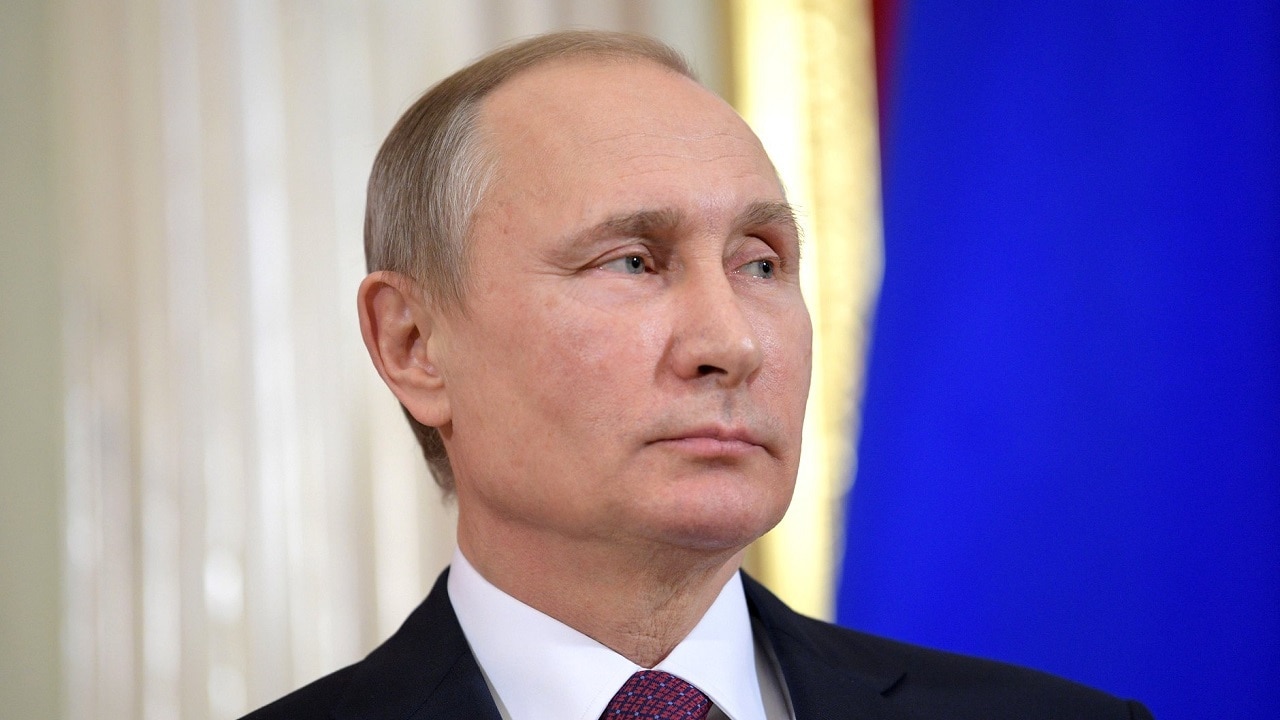“The Wagner Mutiny Reveled Putin’s Weakness. More Trouble Will Follow” – Yevgeny Prigozhin, leader of the Russian mercenary organization the Wagner Group, recently launched a half-hearted mutiny against Russian President Vladimir Putin. Curiously, Prigozhin pulled back as his partial insurrection picked up steam. It now appears that Prigozhin did not intend to overthrow Putin. Instead, this was a business move. Prigozhin apparently felt Putin was sidelining him and that the Russian military was using his forces in the Ukraine War as cannon fodder.
Prigozhin will now go into exile in neighboring Belarus, although he would be foolish to believe that Putin will simply let him retire there. Prigozhin is a crafty operator. We have probably not seen the last of him. Nor have we likely seen the last of internal dissent in Russia because of the war.
Prigozhin Likely Spoke for Sympathetic Voices in the Russian State
If Prigozhin was willing to take such a large risk, he almost certainly expected to have support from the Russian security services. That, in turn, suggests resentment, inchoate perhaps at the moment, over Putin’s rule, particularly his prosecution of the war.
The war is grinding up the Russian military. Russian elites aspire to Russian great-power status, but their military cannot even reduce a mid-size state on their border. If Russia is to stand tall against the US, China, and European Union, it must field a functional, capable military. Not only is the war in Ukraine is destroying that very force, it is also demonstrating that the Russian military is not particularly good. And it is draining the Russian economy while isolating it from needed foreign technologies. If Russia cannot defeat Ukraine, how can it possibly compete with NATO, the peer rival it aspires to challenge?
In this way, the Russian war in Ukraine today is similar to the Soviet war in Afghanistan in the 1980s. Then too, Russia – as the USSR – had a large and ostensibly potent military. Then too it wandered into an unwinnable quagmire which drained Russian/Soviet power from more important challenges – NATO – and demonstrated that the Red Army was not, in fact, so fearsome.
Eventually, Soviet elites figured this out. The cloistered old guard who had stumbled into the war was replaced by a younger, more aware leader – Mikhail Gorbachev. Gorbachev ended the war in a bid to save a collapsing system. But it was too late. The USSR disappeared three years after the Soviet-Afghan War ended.
This war feels similar. Putin, like the old Soviet Politburo, is isolated and surrounded by yes-men. Leaks have long suggested that Putin is out of touch and secluded, told by sycophants that the war is going well. But the military and security services, mired in the Ukraine war quagmire, know how poorly things are going. Prigozhin long channeled this resentment in his aggressive social media posts, and this is likely the reason his mutiny met almost no resistance.
More Domestic Opposition is Likely
US Secretary of State Anthony Blinken said the revolt showed ‘cracks’ in the façade of Putin’s power. This is likely so, and it suggests more opposition will arise in the future. Prigozhin pretty clearly captured the resentment of many that the war is going so badly. Remarkably, he was not purged but granted amnesty. This suggests Putin is aware of the larger grievances he represents.
Those grievances will not just go away with Prigozhin to Belarus. In fact, they will likely return in later, further acts of defiance. Prigozhin just showed the world that Putin is vulnerable, and Russian security elites disgruntled at the course of the war will now more likely consider Prigozhin’s course as a way to express their discontent.
This is a classic problem in authoritarian states. They look unified and monolithic on the outside, but only by suppressing dissent. When dissent is great enough in such a closed system, it has nowhere to go but violence. Putin will hang on today and tomorrow, but if the war, which is causing these grievances, does not improve, these grievances will worsen. We are likely to see other revolts and mutinies in future. Putin himself seems to realize that when his speech on Prigozhin invoked the specter for 1917 – when the Russian army mutinied after years misery and defeat by the Germans in World War I.
Putin Needs to End the War
The cause of all this unhappiness is obvious. Putin promised a quick, easy war against an ostensibly fake country. Instead, he got a quagmire which is destroying the Russian military and economy, and with them, Russia’s claim to be a great power. Worse, Ukraine is not going to surrender, even if its current offensive fizzles. The war will drag on and on for Russia, with ever rising costs compensated by meager benefits (a few burned out, depopulated oblasts annnexed).
At some point, if Ukraine can just hang on, the domestic costs to Russia of this forever war will eventually compel Putin to withdraw. If he does not, the 1917 mutinies he fears will come to pass.
Dr. Robert E. Kelly (@Robert_E_Kelly; RobertEdwinKelly.com) is a professor in the Department of Political Science at Pusan National University and 19FortyFive Contributing Editor.
From 19FortyFive
A Russian Submarine Accidently ‘Destroyed Itself’
Total Massacre’: Ukraine Footage Shows Russian Cruise Missile Shipment Attacked

